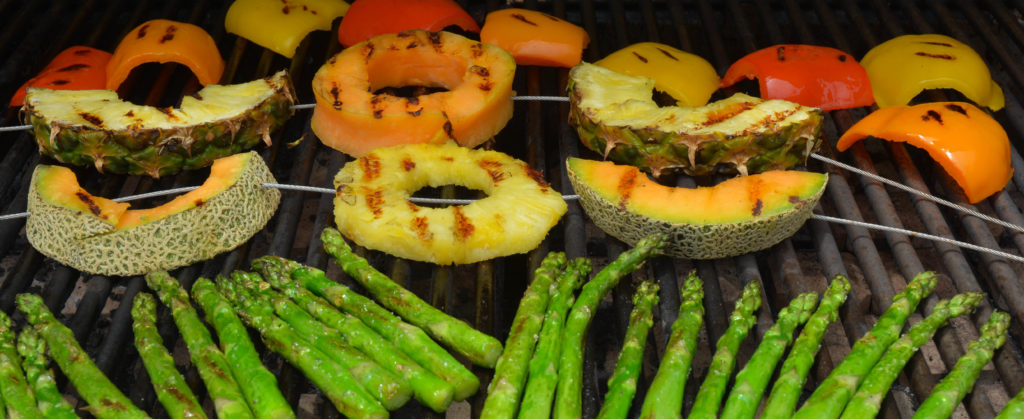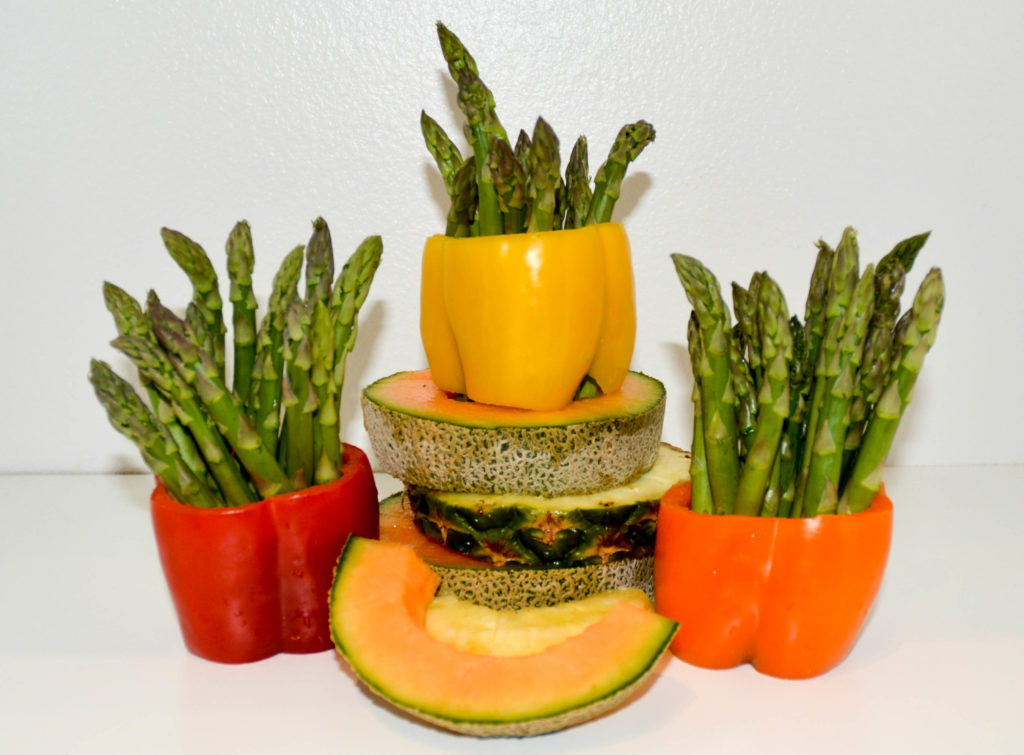
Eating healthy is sometimes challenging, especially at summer barbecues where traditional foods can be high in fat, calories and additives. It’s not the meat — it’s the side dishes. Lean burgers, chicken, steak, portobello mushroom burgers, fish and even hot dogs are good sources of protein, but foods like potato, macaroni and pasta salads, buns, beans and whipped fruit salads are typically high-calorie, carbohydrate-dense foods with fat in the form of mayonnaise, cheeses, olives, sugars and oils.
Even a green salad can become unhealthy if drenched in a heavy creamy dressing. There are more than 350 calories — more than half of them from fat — in one cup of potato or macaroni salad. One cup of baked beans is close to 400 calories and has 25 grams of sugar. Calories get even more out of control when chips, soda and beer are added to round out the meal — or the waist.

Stay on top of your dive diet
Even if you do indulge in some fatty foods at a barbecue, don’t despair; a little planning or just throwing the veggie tray on the grill changes everything. Grilling releases vegetable flavors, and it will only take you from three to five minutes to prepare. If fruit is available, throw it on the grill too. Mix it up. Peppers, pineapple, apples, zucchini, asparagus, tomatoes, onion, summer squash, romaine hearts, carrots, cantaloupe and broccoli are some of the most popular choices. One cup of bell peppers is just 18 calories; cantaloupe is 53; asparagus is 72; and pineapple is 80 calories per cup. Four cups of these fruits and vegetables is about 225 calories and will fill you up quickly.
Low-calorie marinades, wood planks, salt blocks and skewers make for more interesting dishes as well and are fun when entertaining. Or, just toss the washed and portioned vegetables and fruit in your favorite dry seasoning. Then, place over the heat of the grill to release natural flavors. Stack grilled fruit and vegetables on top of grilled protein to transform the traditional burger, fish or green salad into a healthy and delicious summer barbecue dish.
The American Institute of Cancer Research recommends nine ½-cup servings of vegetables and fruit, and at least three different colors every day. Fruits and vegetables are an excellent addition to your dive diet, and will not only provide energy, but also help you maintain a healthy body weight, which is important in preventing diseases and reducing risks associated with being overweight and diving. So don’t be afraid of the calories at your next summer barbecue — just say no to the potato salad and throw some veggies on the grill instead.

